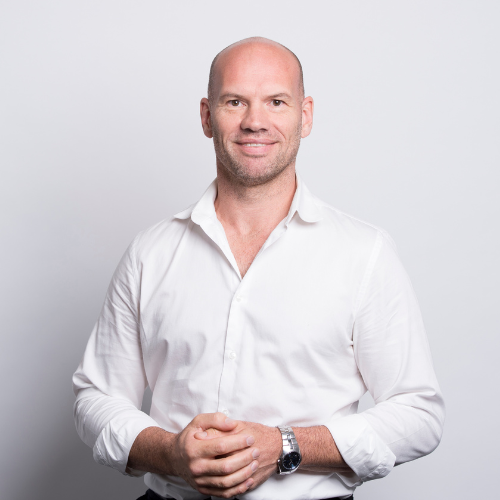Question
Why can’t I sleep?
Answer
If you have trouble falling asleep and staying asleep during the night, or if you wake early and don’t get back to sleep before you need to get out of bed, you could have insomnia. Insomnia usually also involves daytime symptoms like sleepiness, feeling tired, changes in mood and trouble focussing.
One in four Australian men have difficulty falling asleep, about one in three wake up often during the night and almost one in three wake up too early and can’t get back to sleep. Only four out of 10 Australian men wake up feeling refreshed, and just over half get enough sleep.
A few nights of sleeping badly might be enough to start some people worrying about their sleep, which can lead to chronic (long-term) insomnia. Chronic insomnia can be caused, or made worse, by certain behaviours.
Stress
If you’ve just started having trouble sleeping, or if it only happens every now and again, it’s possibly due to stress. Dealing with the stress should result in your sleep going back to normal.
Lifestyle factors and certain habits
Things like drinking alcohol, caffeine, or being physically or mentally active (e.g. exercising, watching TV or scrolling through social media) close to your bedtime, can make it difficult to sleep, and so can some medications. Not having a regular sleep time (e.g. shift work) can also contribute to insomnia.
Medical conditions
Insomnia can be a symptom of some health conditions (e.g. Alzheimer’s disease, anxiety, depression), or it can be caused by symptoms caused by other problems that get worse in the evening (e.g. asthma, arthritis). Other sleep disorders (e.g. restless leg syndrome) can also cause insomnia. Treatment, or better management, of these health problems might help to reduce insomnia.
What to do about insomnia
You should make an appointment to see your general practitioner if you have insomnia. They can help to work out why you’re having trouble sleeping and recommend treatment if necessary.












